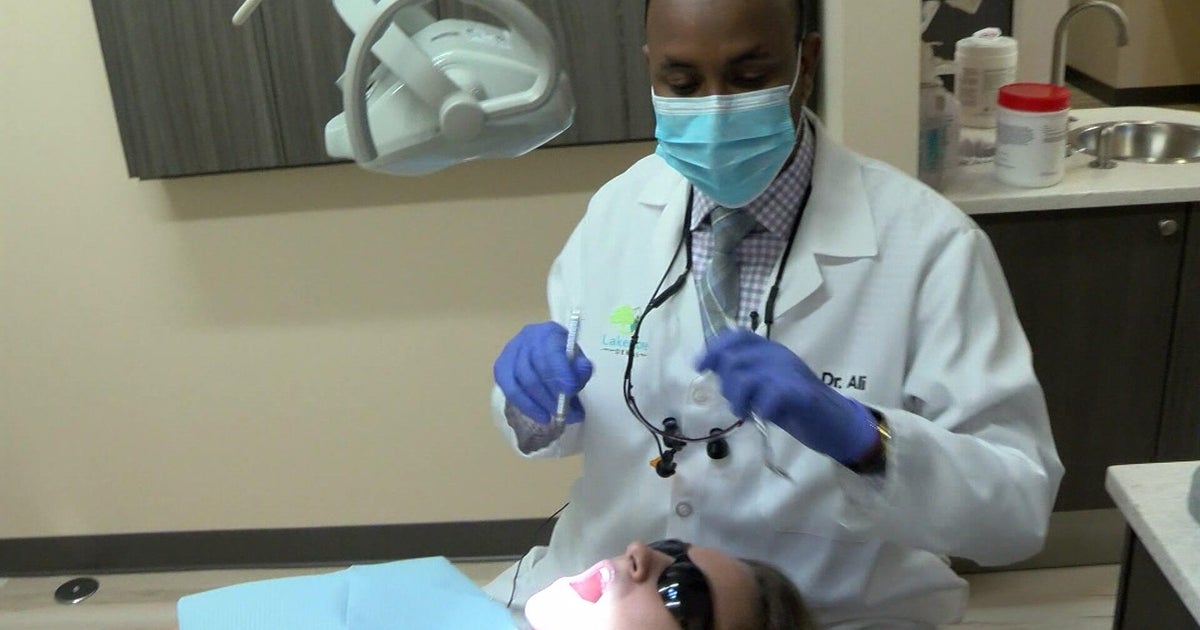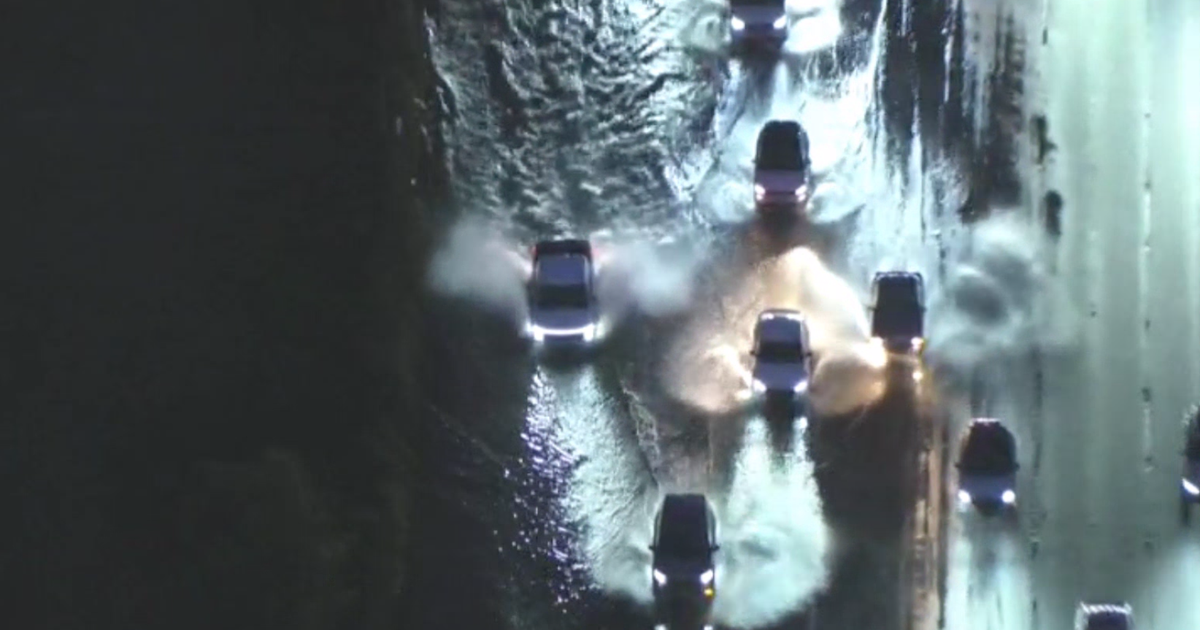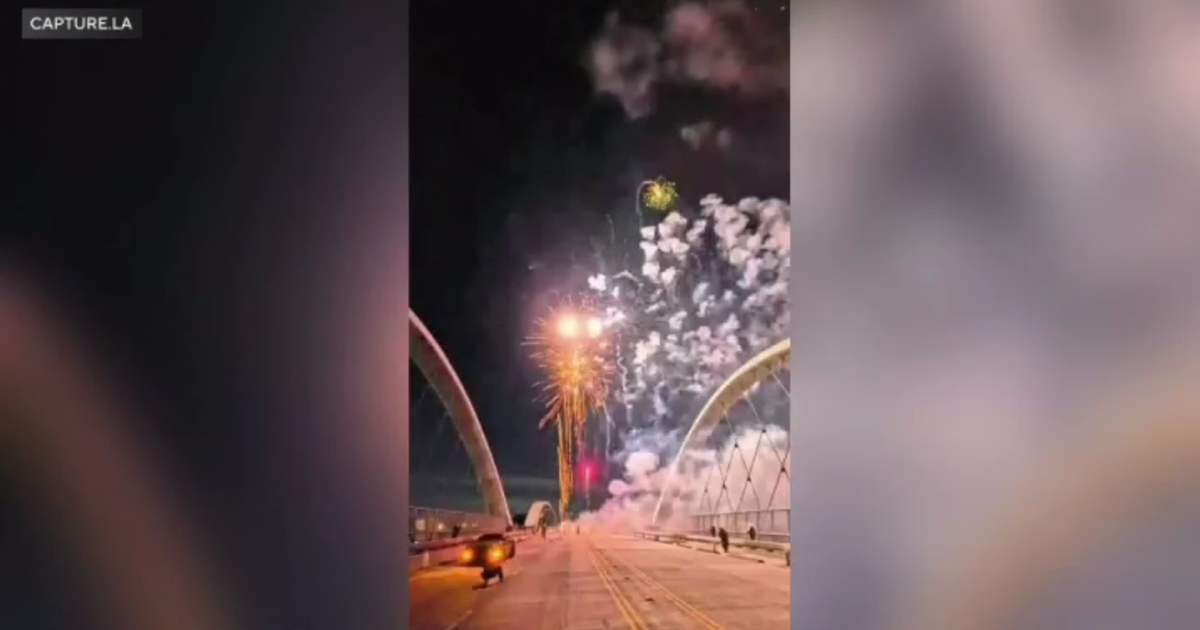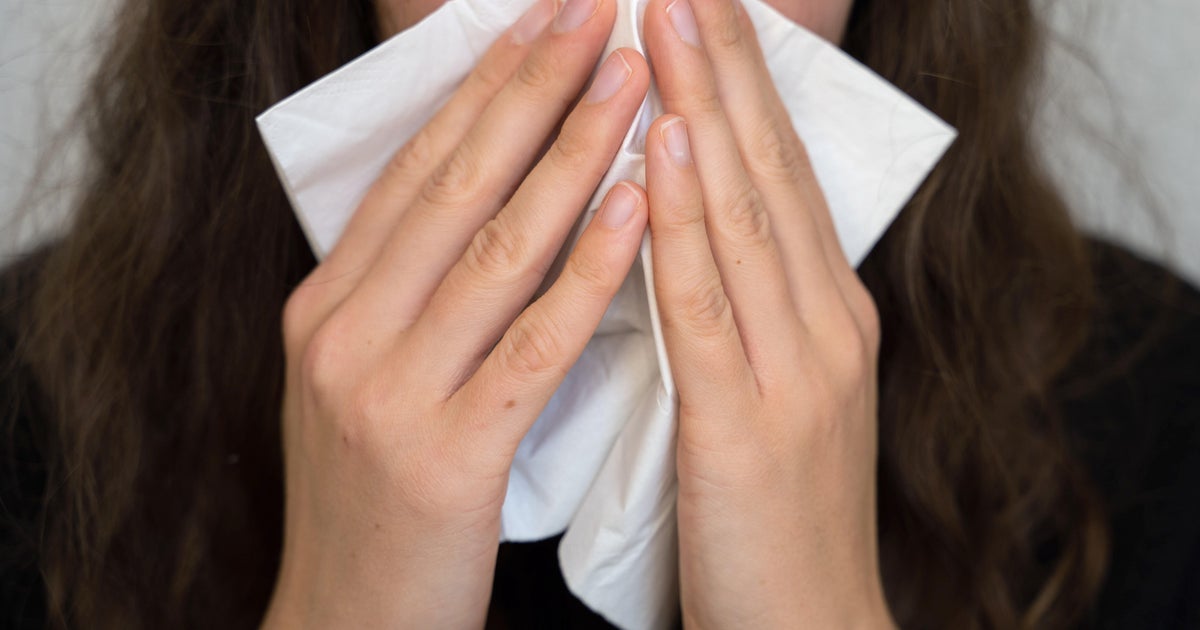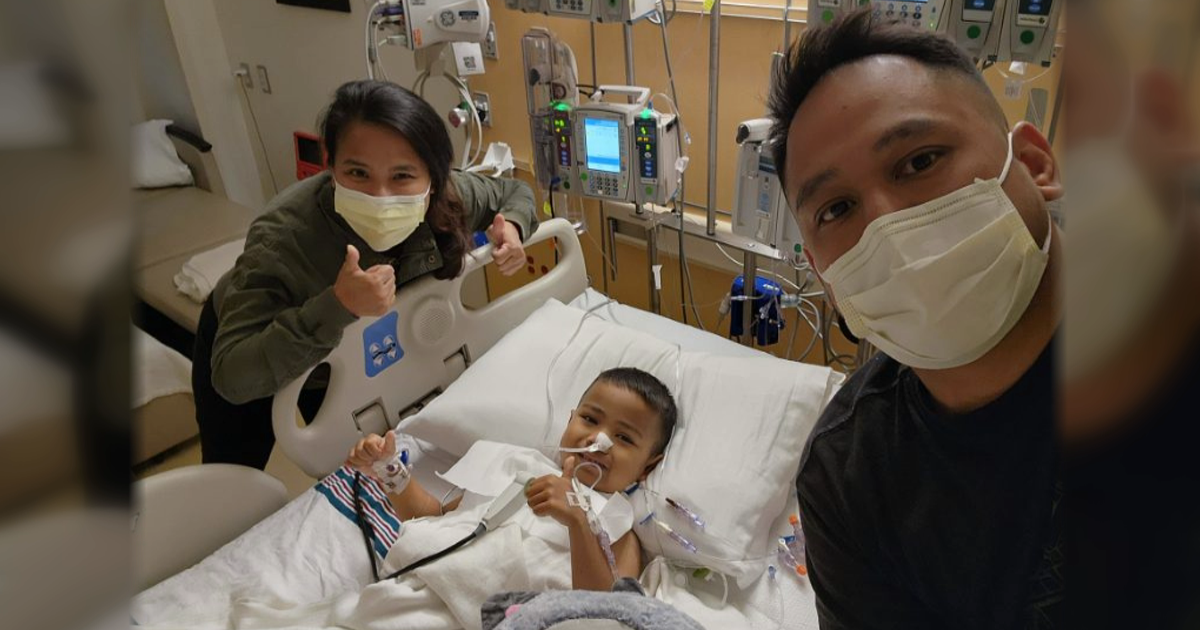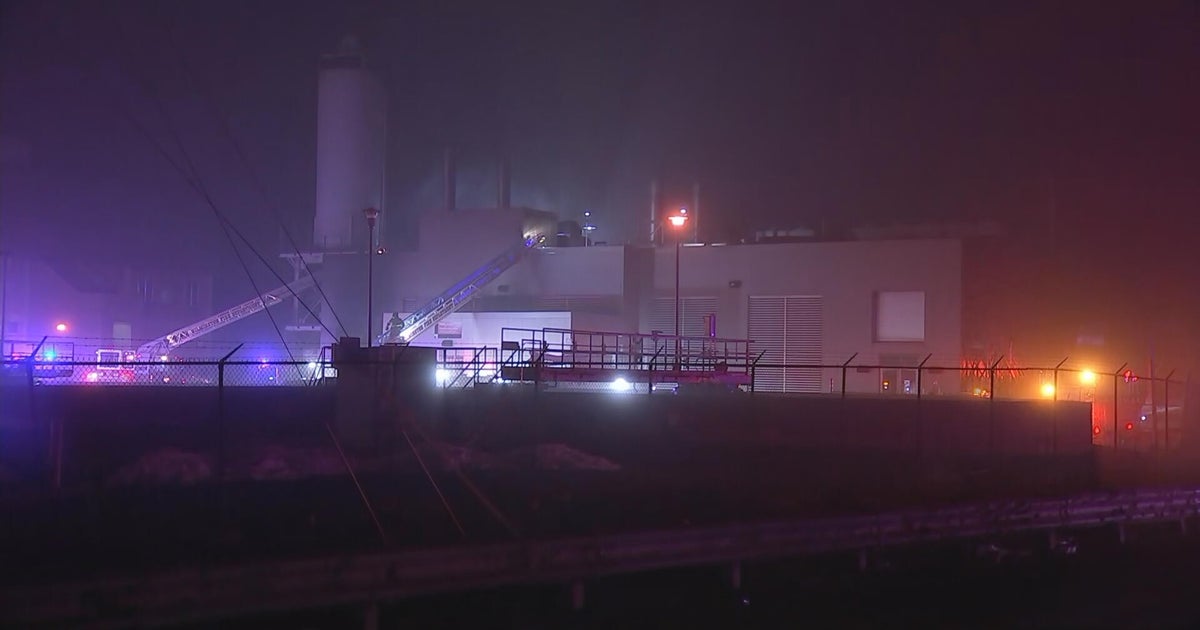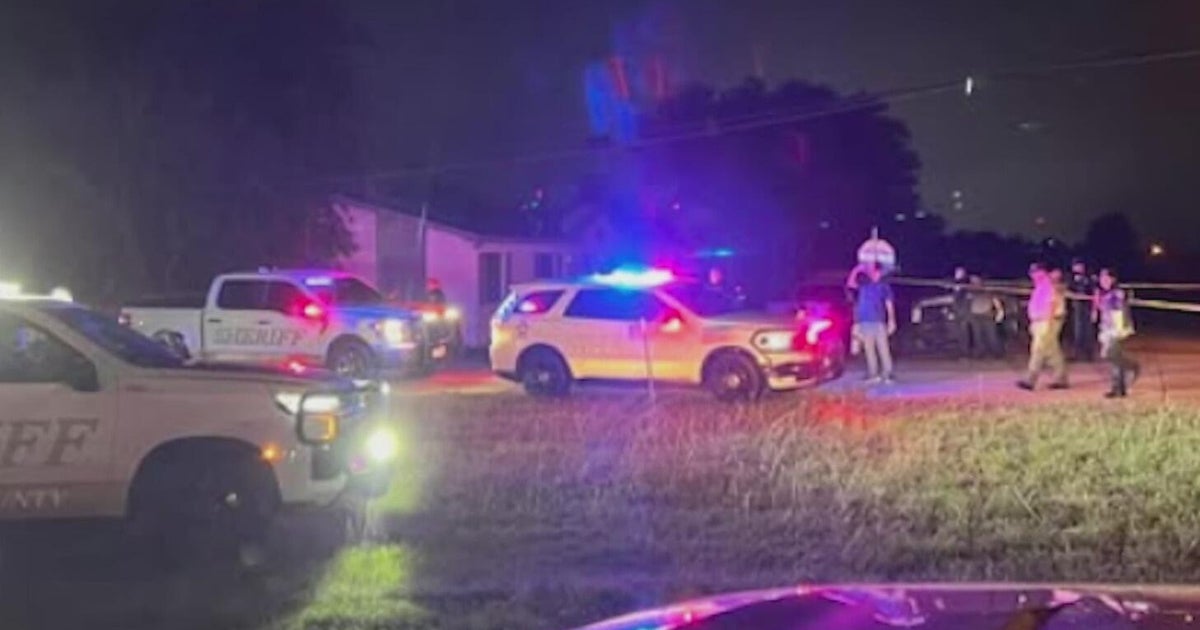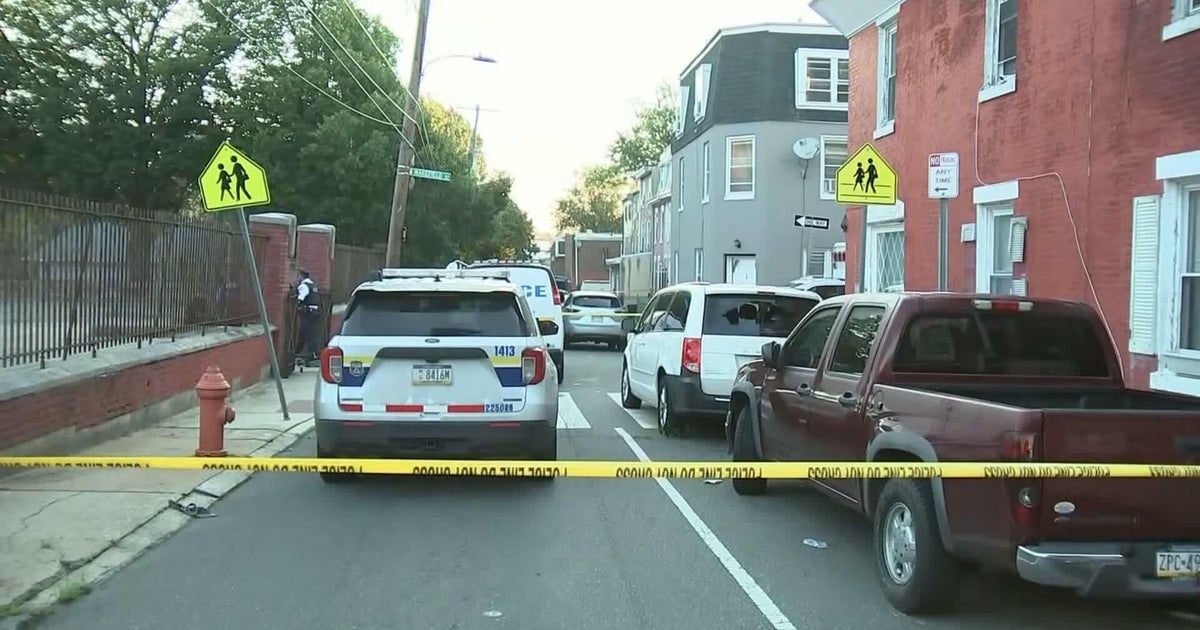Secondary Care Facilities, Like Respiratory Hospitals, Seeing Spike In COVID Patients
LOS ANGELES (CBSLA) — It's not just hospitals that are seeing a COVID-19 surge. Secondary care facilities, like respiratory hospitals, are also seeing a spike in COVID patients.
Barlow Respiratory Hospital, Near Dodger Stadium, been around since 1902. The long-term acute care facility has seen Los Angeles through the 1918 flu pandemic, tuberculosis, polio — and now COVID-19.
Medical Director Dr. David Nelson says about 20 percent of those hospitalized with COVID need a ventilator and 20 percent of those who go on a ventilator cannot get off one.
"At this moment, we have about 20 percent of our patients are recovering COVID patients, but based on the referral pattern of patients who are trying to get into the hospital, it's definitely going to go up," Nelson said. "Our patients will have not only lung disease but also issues with kidney failure, heart disease, liver disease."
There are also the lasting side effects of the coronavirus that are not life-threatening, but life-changing, according to Nelson.
"Up to 70 percent of people have complained of long-term shortness of breath, but more commonly, it's things like fatigue, and aches and pains that they didn't have before," he said.
The average stay for a COVID patient at Barlow is about a month, but many move on to another in-patient facility after they leave.
Nelson says he only knows of one COVID patient that was able to leave Barlow and go directly home.
"By the time they get to us, even people who, before they go sick were healthy and normal people, by the time they get to us, having been in the hospital for a month let's say, they are no longer functioning like normal people," Nelson said.
Due to COVID-19, the hospital has a "no visitor" policy. So, after a long hospital stay, COVID patients still can't see their family and friends. Their only contact is with their doctors and nurses.
"The patients are isolated in more ways than one. They are isolated with technology around them. The ventilator makes it so they can't communicate effectively. They have only us, their caregivers, as emotional support," Nelson said.
Nelson says he's concerned about having enough beds and staff to handle the post-holiday COVID-19 surge. He's asking Southern Californians to mask up and stay home as much as possible.
